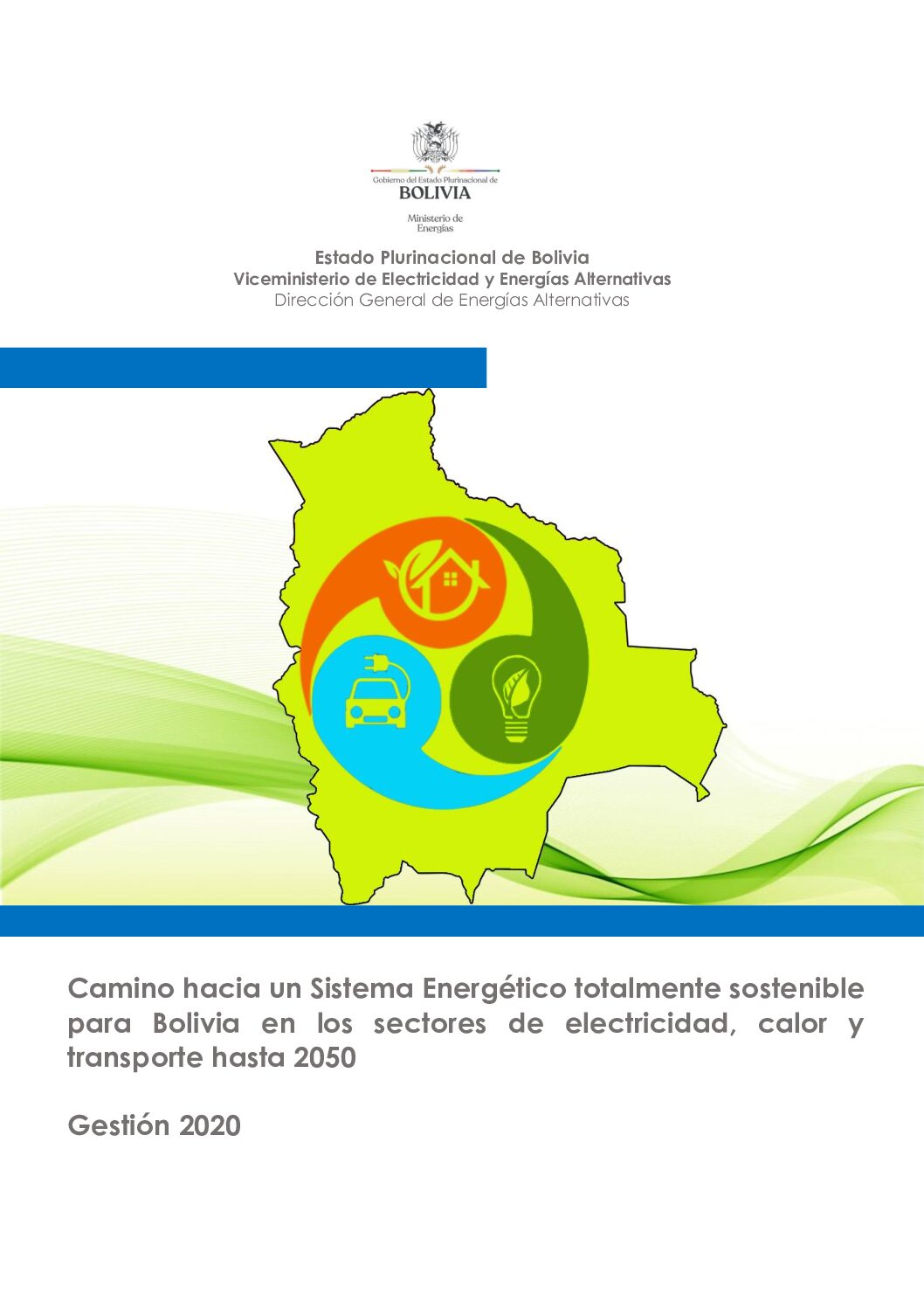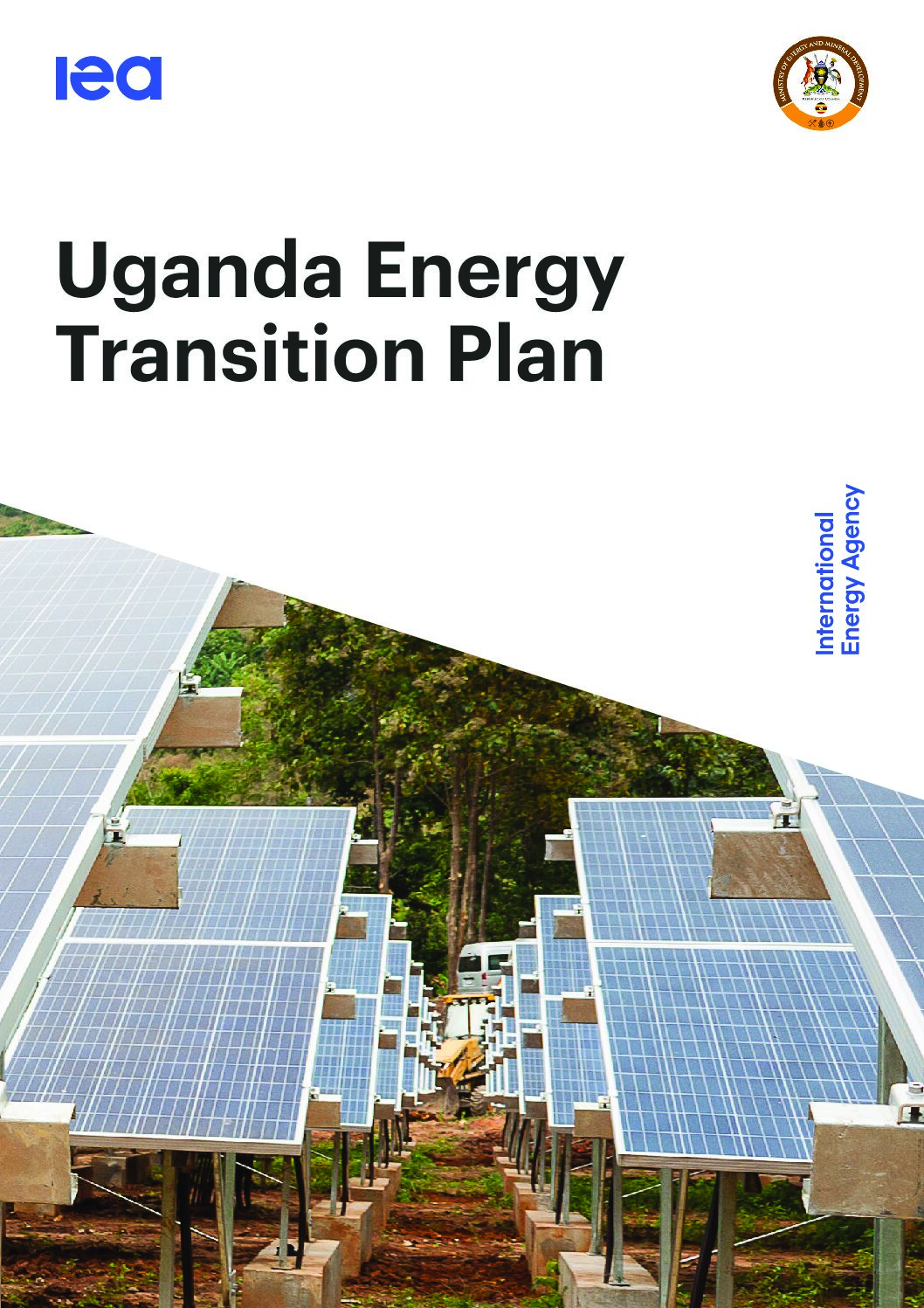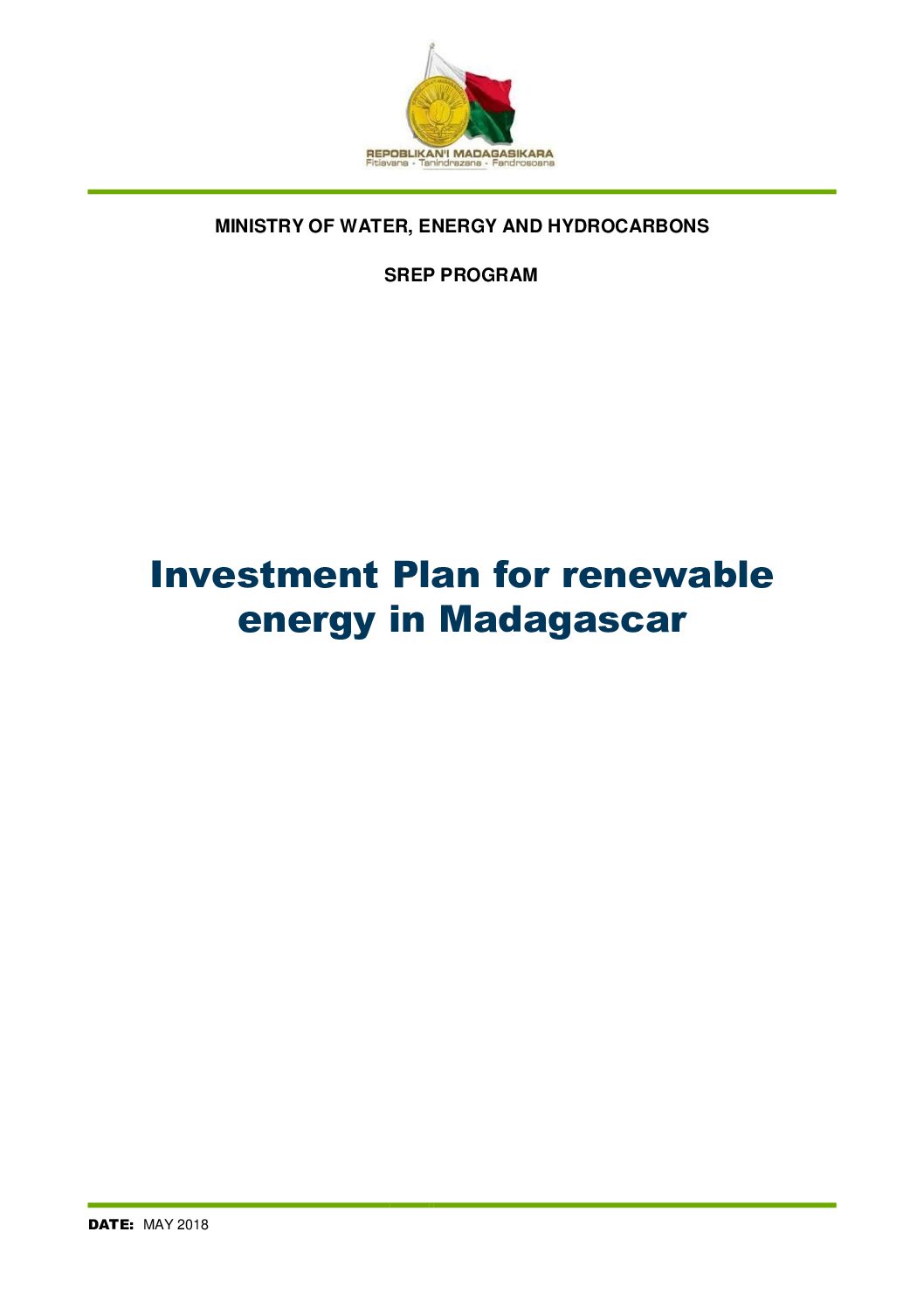This report sketches a roadmap towards a sustainable energy, heating and transport sector in Bolivia.
Sustainable Energy Transitions in Uganda: Influential Determinants of the Renewable Energy Landscape
This article provides an overview of the renewable energy landscape of Uganda, discussing the interplay between policy, technology, financing and societal awareness. It provides recommendations to advance the energy transition.
This report discusses potential social and environmental risks associated with the roll-out of the GETFiT renewable energy investment programme in Zambia, as well as mitigation measures.
This report examines the role of climate finance in Madagascar’s energy transition, and the impact that different financial instruments have on the delivery of the electrification schemes.
Uganda’s Energy Transition Plan sets goals for different sectors and discusses enablers for implementation, including financing.
This report analyses economic, policy and other barriers to the expansion of the electricity sector of Madagascar and proposes interventions to address these.
This Investment Plan aims to identify renewable energy projects to be given priority for SREP funding in order to initiate the energy transition and development of the sector in Madagascar
This article describes the context, the potential and the business case for using solid municipal waste to generate energy in the city of Cochabamba in Bolivia.
This paper gives an overview of waste to energy technologies, discusses barriers to its wider adoption in developing countries, and helps researchers and decision-makers to make informed decisions on the feasibility of WtE as a pathway for sustainable waste management and renewable energy generation.
This paper provides general guidelines for conducting Environmental Impact Assessments for waste-to-energy projects.




